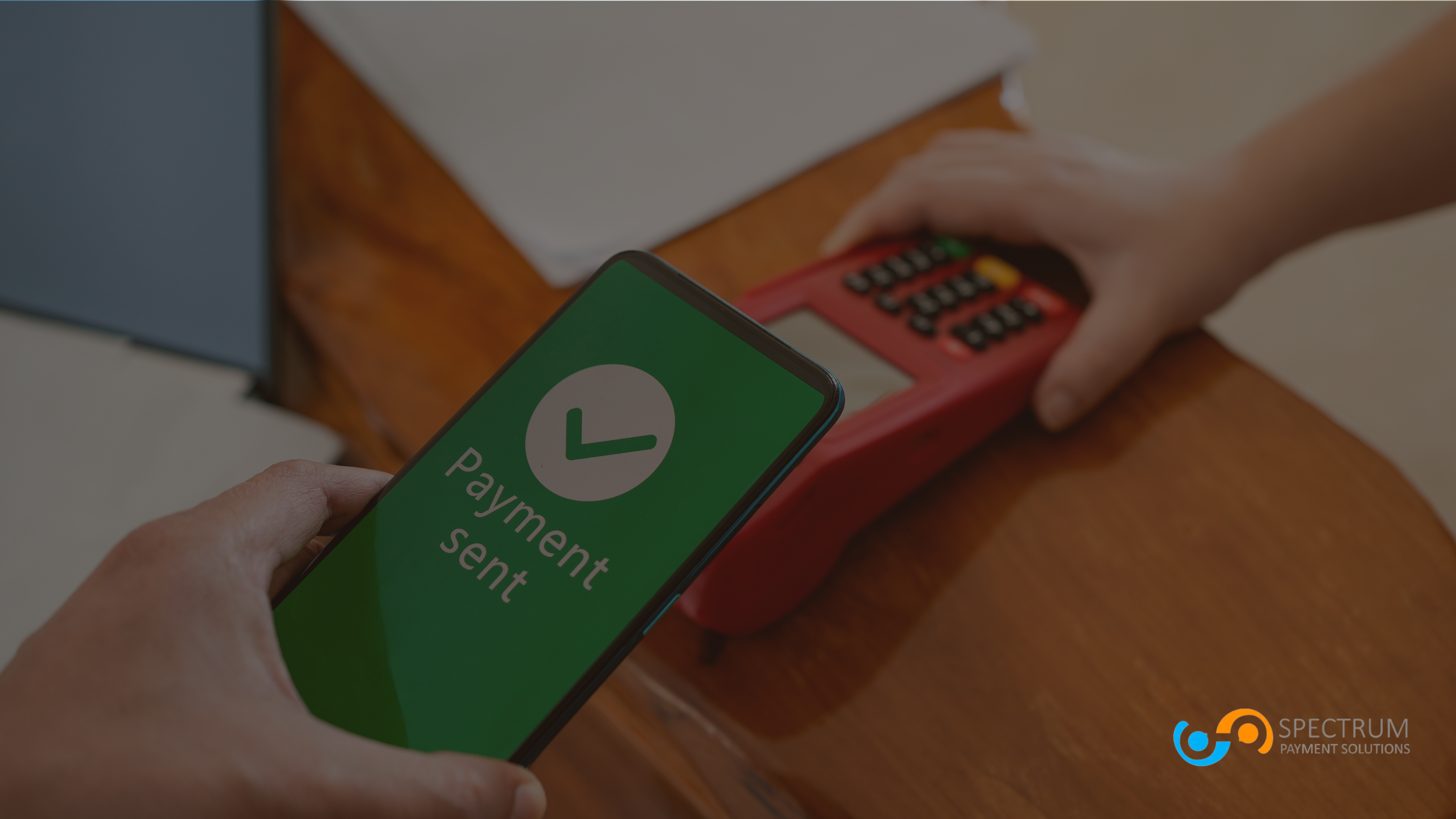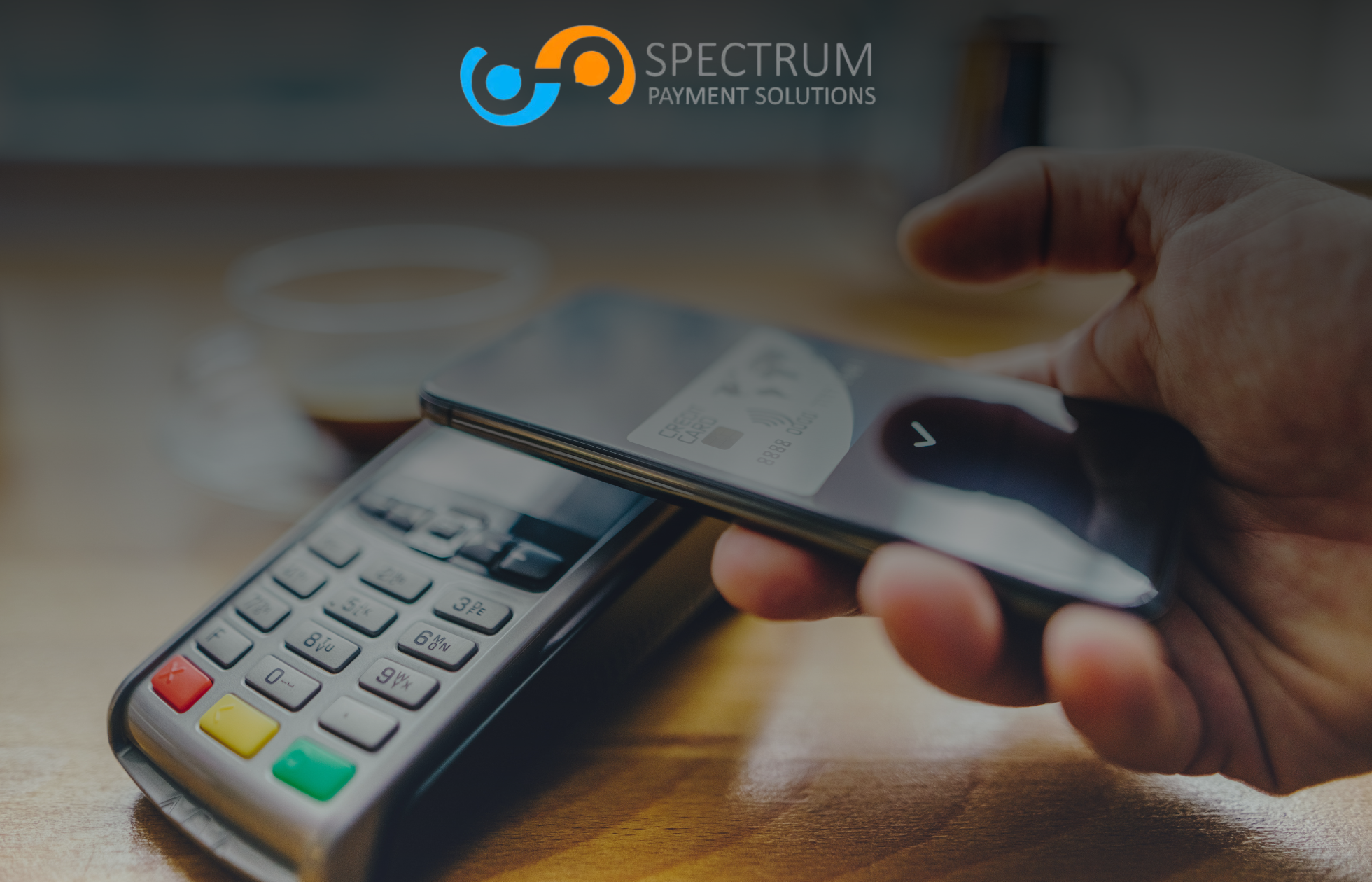
Payment Gateway vs Merchant Account: What’s the Difference? A Guide for High-Risk Businesses
When it comes to processing payments for your business, especially if you operate in a high-risk industry, understanding the difference between a payment gateway and a merchant account is crucial. These two terms often appear when discussing payment processing, and while they work together to facilitate seamless transactions, they serve distinct purposes.
In this blog post, we’ll break down the key differences between a payment gateway and a merchant account, and why both are essential for businesses in industries like cannabis, e-cigarettes, nutraceuticals, and more. Whether you’re new to payment processing or just looking to enhance your current setup, this guide will help you make informed decisions for your high-risk business.
1. What Is a Payment Gateway? Think of It as the Cashier
At its core, a payment gateway is the digital version of a cashier. It’s the technology that facilitates the transfer of payment information between your customer, your business, and the banking networks to complete transactions securely.
When a customer makes an online payment, the gateway encrypts sensitive credit card data, ensuring it travels safely. Without a payment gateway, online transactions wouldn’t be possible—it’s the gatekeeper that ensures payments are processed quickly and securely.
For high-risk businesses, a secure payment gateway is even more critical. It reduces vulnerabilities to fraud, facilitates compliance with PCI standards, and ensures your customers can trust your payment system. Think of it as the bridge between your customer’s wallet and your business.
2. What Is a Merchant Account? The Banker Behind the Scenes
While the payment gateway is the cashier, the merchant account is the bank vault where funds are held before they hit your business account. A merchant account is a type of bank account that allows businesses to accept credit and debit card transactions.
When a customer pays, the funds are temporarily held in the merchant account before being transferred to your business bank account. This temporary holding ensures the funds are available and verified before they’re released.
For high-risk businesses, acquiring a merchant account can be challenging due to the nature of the industry. That’s where specialized providers like Spectrum Payment Solutions step in, offering tailored solutions for businesses that traditional banks may shy away from.
3. How Do Payment Gateways and Merchant Accounts Work Together?
Now that we’ve defined these two components, let’s talk about how they team up to make transactions happen. A payment gateway and a merchant account must work in harmony to process payments effectively.
When a customer makes a payment, the gateway encrypts their information and sends it to the payment processor. The processor then communicates with the customer’s bank to check for sufficient funds and approve the transaction. Once approved, the funds are transferred to your merchant account.
It’s a seamless dance of technology and banking, with the gateway ensuring security and the merchant account ensuring the money lands where it needs to.
4. Why Do High-Risk Businesses Need Both?
High-risk businesses frequently encounter distinct challenges in payment processing. Traditional banks and payment processors may view industries like cannabis, adult entertainment, or firearms as too risky due to higher chargeback rates or regulatory complexities.
Having both a reliable payment gateway and a high-risk merchant account ensures that your business can operate smoothly while minimizing risks. A specialized provider, like Spectrum Payment Solutions, offers tailored solutions designed to address the challenges of high-risk industries.
5. Key Features of Payment Gateways for High-Risk Businesses
When choosing a payment gateway, there are specific features high-risk businesses need to prioritize. Here’s what to look for:
- Fraud Protection: High-risk industries are often targeted by fraudulent activities. A payment gateway with robust fraud detection tools is essential.
- PCI Compliance: Ensuring your payment system complies with PCI-DSS standards protects sensitive data and builds customer trust.
- Integration Capabilities: Seamless integration with your website or POS system simplifies the payment process for customers.
A payment gateway isn’t just a tool; it’s a critical component of your business’s success.
6. Features of High-Risk Merchant Accounts You Can’t Ignore
Not all merchant accounts are created equal, and for high-risk businesses, certain features are non-negotiable. Here’s what to expect from a high-risk merchant account provider:
- Chargeback Protection: High-risk industries experience higher chargeback rates. A merchant account with chargeback mitigation tools helps protect your revenue.
- Custom Solutions: Every high-risk business is unique. Look for a provider that offers tailored solutions to meet your specific needs.
- Fast Payouts: Delayed payouts can disrupt cash flow. A good merchant account provider ensures timely access to funds.
7. Common Misconceptions About Payment Gateways and Merchant Accounts
Many business owners assume that a payment gateway and merchant account are the same thing, but as we’ve explained, they serve distinct functions. Let’s clear up some common myths:
- Myth #1: “I only need one or the other.” Reality: You need both for a complete payment processing system.
- Myth #2: “All payment gateways are the same.” Reality: Features and security measures vary widely between providers.
- Myth #3: “High-risk businesses can use any merchant account.” Reality: Only specialized providers offer solutions for high-risk industries.
8. Choosing the Right Payment Gateway for Your Business
Selecting the right payment gateway can significantly impact your customer experience. Here’s how to pick the best one for your high-risk business:
- Research Providers: Not all gateways cater to high-risk businesses. Look for providers with experience in your industry.
- Evaluate Security: Features like tokenization and encryption are must-haves.
- Check Compatibility: Ensure the gateway integrates with your existing systems.
When in doubt, consult with experts like Spectrum Payment Solutions, who specialize in high-risk payment processing.
9. Choosing the Right Merchant Account Partner
Your merchant account provider is more than just a service—they’re a partner in your business’s success. Here’s what to consider when choosing one:
- Experience in High-Risk Industries: Look for providers with a proven track record in your sector.
- Transparent Fees: High-risk accounts often come with higher fees, but transparency is key.
- Customer Support: When issues arise, a responsive support team is invaluable.
10. Final Thoughts: Why You Need Both for Business Success
To sum it up, a payment gateway and a merchant account are two sides of the same coin. While the gateway facilitates transactions, the merchant account ensures that you receive payment. For high-risk businesses, having both is non-negotiable.
Investing in the right payment processing solutions doesn’t just protect your business—it enhances your customer experience and positions your company for long-term success. By partnering with specialists like Spectrum Payment Solutions, you can navigate the complexities of high-risk payment processing with confidence.




